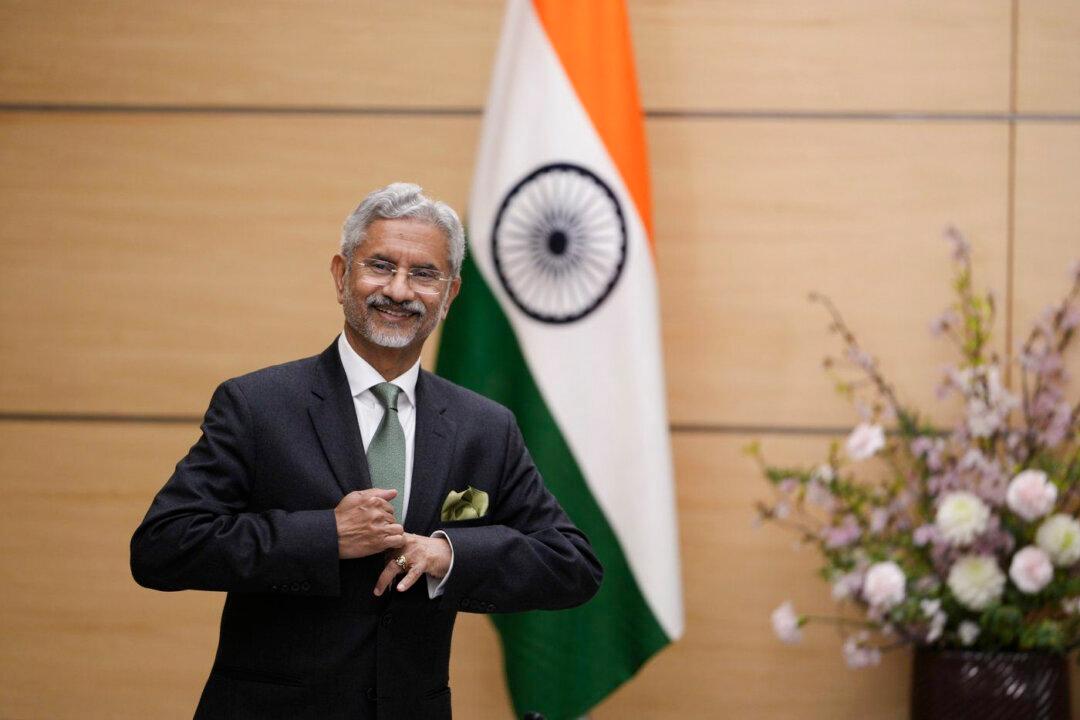NEW DELHI—China’s state media recently targeted India’s Foreign Affairs Minister Subrahmanyam Jaishankar, calling him a “problem” in India–China relations, in response to Jaishankar’s recent comments about Beijing.
As India and China look to the BRICS summit in Kazan on Oct. 22, analysts say the criticism can be viewed from more than one perspective: as a defensive response to Jaishankar’s forthright public criticism of China, or as part of a “strategic narrative” aiming to further China’s interests overall.





